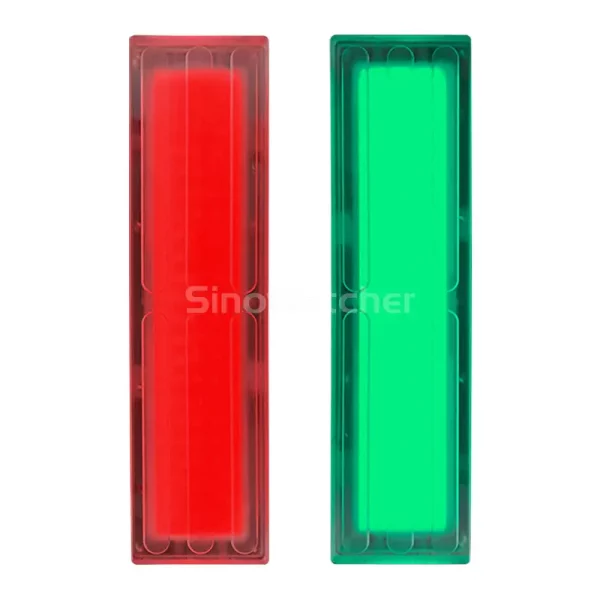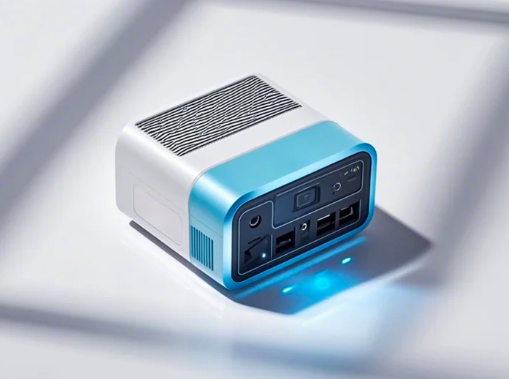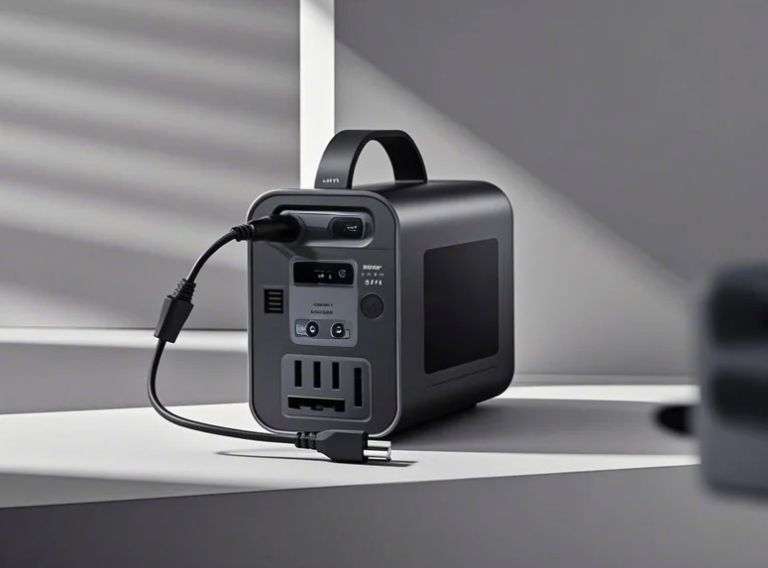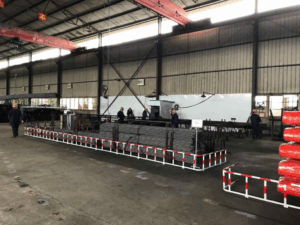Fanless computers, also known as passive cooling systems, are a type of computer designed to operate without the use of fans or other active cooling devices. Instead, they rely on natural convection, passive heat dissipation, and often smaller form factors to maintain safe operating temperatures. These systems are often more compact and quieter than traditional computers due to the absence of cooling fans, and they also tend to have a longer lifespan as there is less wear and tear on the internal components.
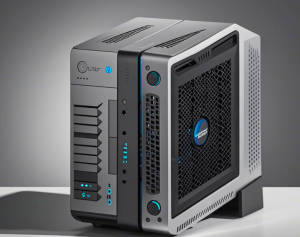
The need for fanless computers has increased in recent years due to their silence, reliability, and often smaller size, making them more suitable for certain applications such as in offices or libraries where noise pollution is a concern. Additionally, their lack of moving parts means that they are less prone to dust buildup and other sources of equipment failure, making them a good choice for use in dirty or dusty environments.
Fanless computers have been used in a range of applications, including:
1.)Embedded systems: These systems are designed to be integrated into larger devices or systems and often require a small, reliable computing solution that is also fanless.
2.)Industrial control and automation: Fanless computers can withstand the rugged conditions of an industrial environment while also providing the necessary computing power for control and automation tasks.
3.)Military and aerospace: The reliability and durability of fanless computers make them well-suited for use in military and aerospace applications, where equipment needs to function under harsh conditions for long periods.
4.)Automotive: The temperature-resistant nature of fanless computers makes them suitable for use in automotive applications, particularly in the area of telematics and infotainment systems.
5.)Internet of Things (IoT): The size and low power consumption of fanless computers make them ideal for use in IoT devices, which often need to run on battery power for extended periods.
Fanless computers have also been designed for use in laptops and small form factor PCs, where space is limited and the ability to dissipate heat passively is necessary for proper operation. Some of these fanless computers have achieved success in the market and have received recognition for their design and performance.
However, there are also some challenges associated with the design and production of fanless computers. For example, since there is no active cooling system to disperse heat, it is essential to have good heat sinking and materials selection for the PCB board and its components to ensure they can tolerate high operating temperatures. Additionally, it can be difficult to maintain suitable operating temperatures without fans, especially when dealing with high-performance processors or high-power components that generate a lot of heat.
Overall, fanless computers provide an attractive alternative to traditional computers with active cooling systems due to their silence, reliability, and often smaller size. They are particularly suitable for use in noisy environments such as factories or offices where equipment needs to run continuously without adding to the background noise level. In conclusion, the prospects for fanless computers look very positive due to their ability to meet the needs of modern computing in various applications.
0

